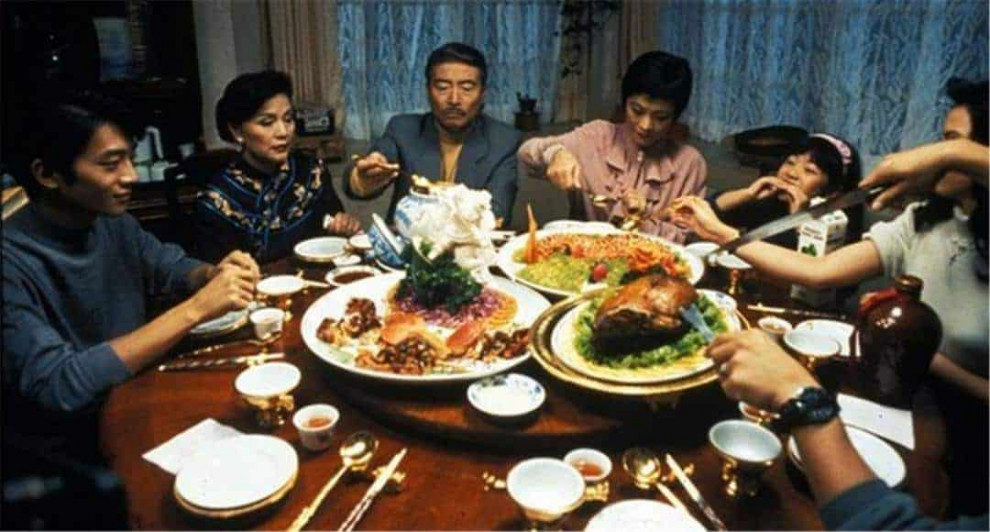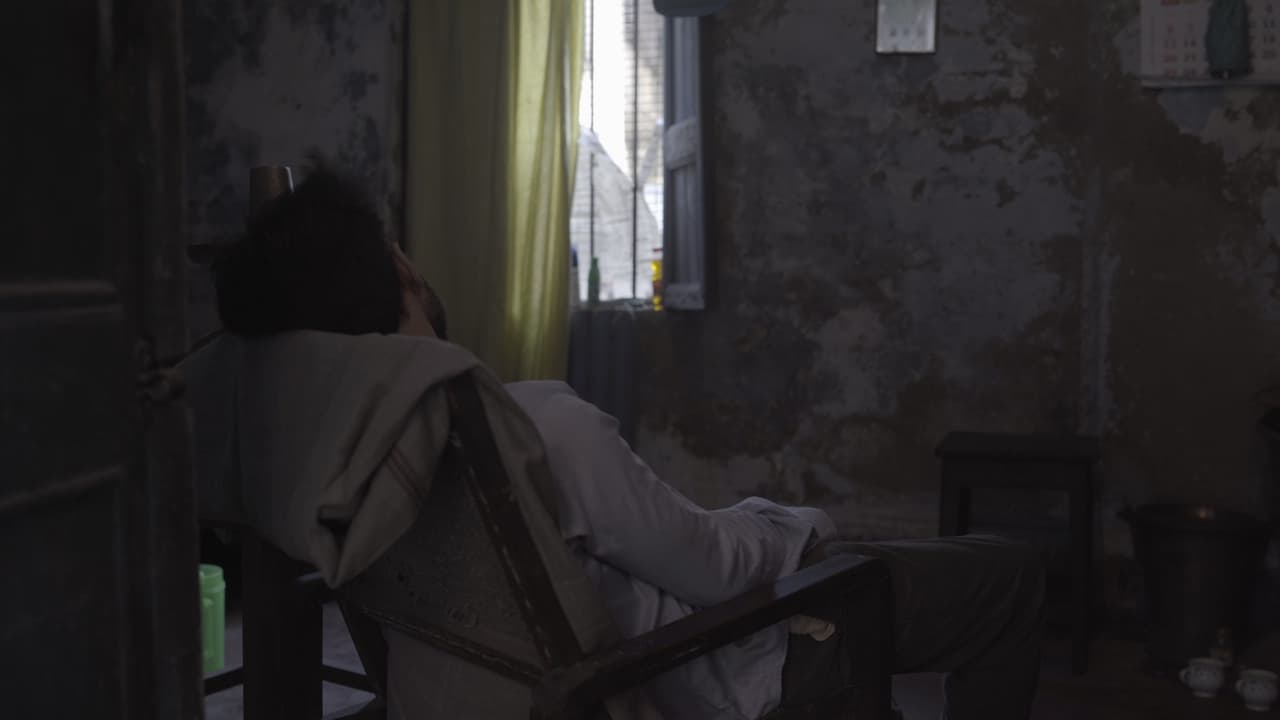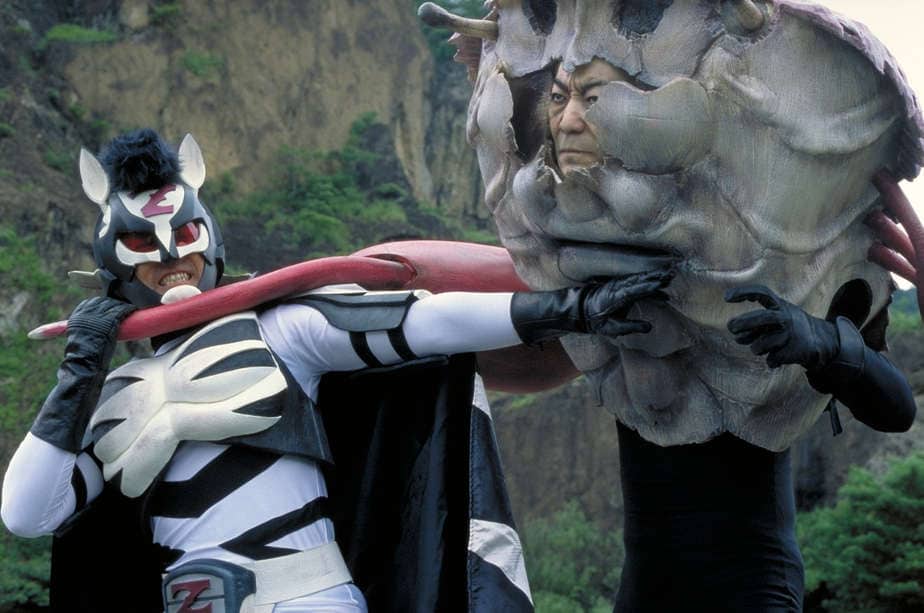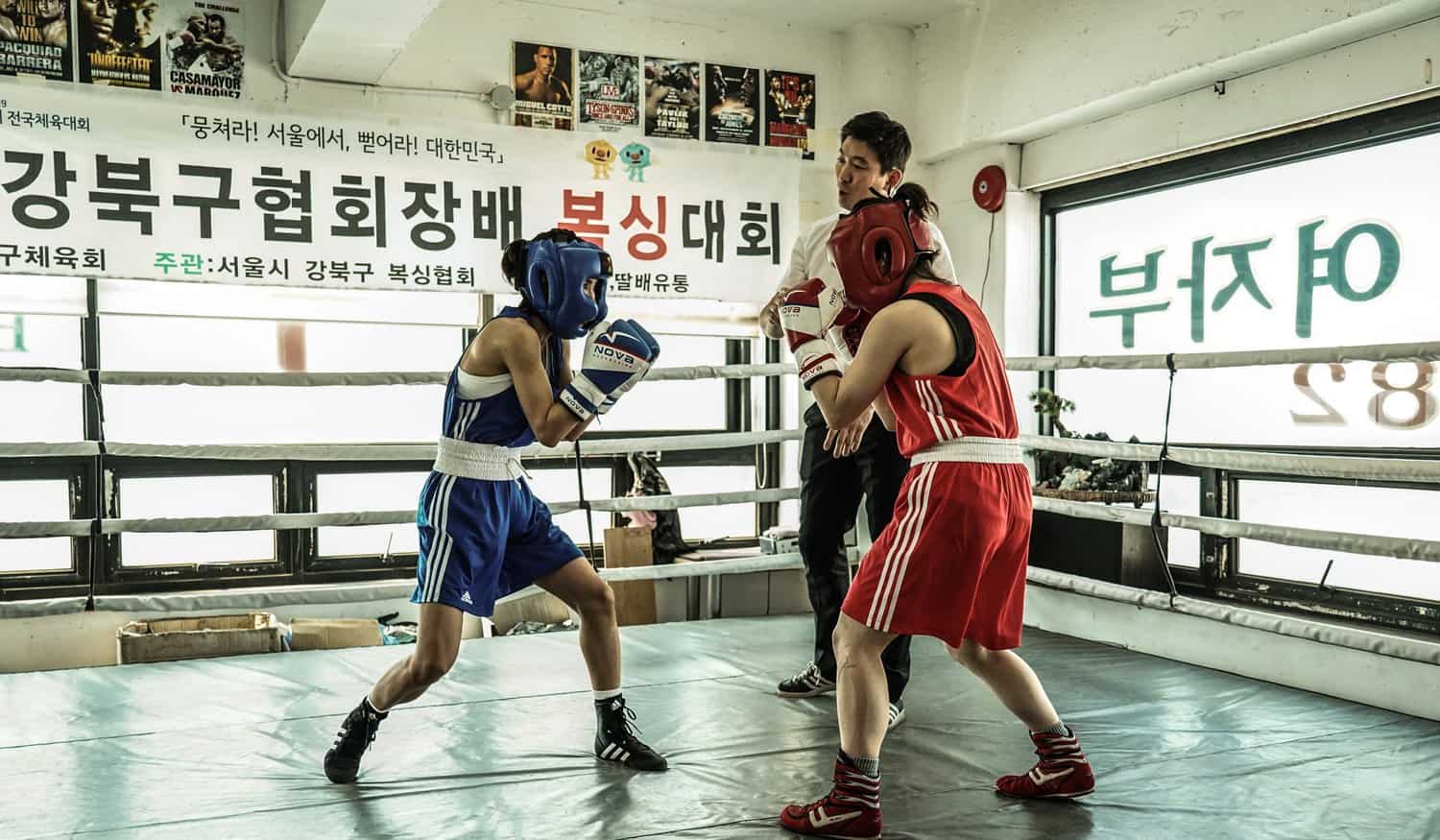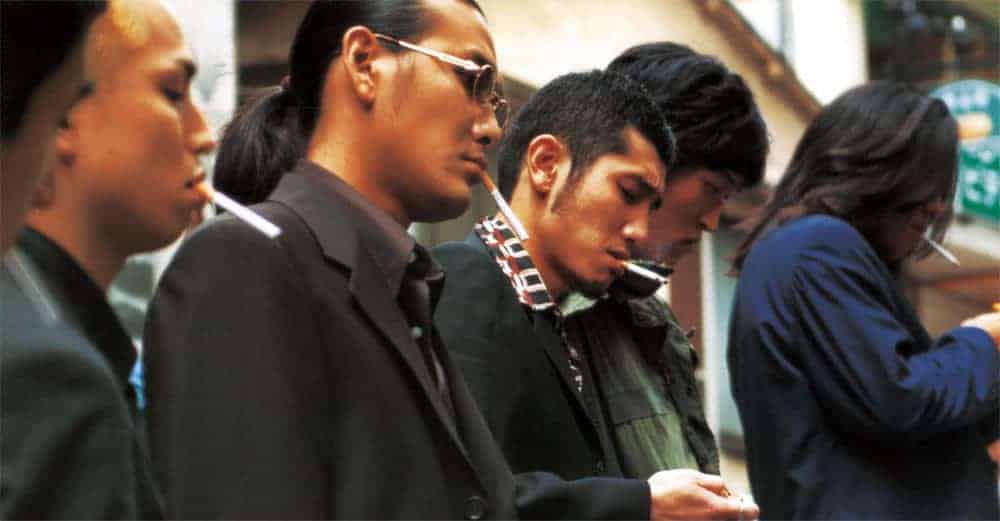Whereas his early films such as “Pushing Hands” and “The Wedding Banquet” often touch upon the crossroads between modernity and tradition, Taiwanese filmmaker Ang Lee found himself in a similar situation with his third film. As he reflects upon the production of his 1994 “Eat Drink Man Woman”, he describes how he felt the pressure between going mainstream with his movies or making an arthouse film, especially after winning the Golden Bear at Berlin International Film Festival for “The Wedding Banquet”. Considering this situation, it seems only fitting he would make a film which would not only pick up the thematic threads of his previous ones, but which would also discuss these issues within the circle of the family, their relationships and, of course, the world of cooking.
“Eat Drink Man Woman” is screening at New York Asian Film Festival – Winter Showcase 2020

Even though he has been planning to settle down after the death of his wife, Chu (Sihung Lung) is still quite active, still preparing and perfecting meals at the restaurant where he works and cooking the traditional Sunday dinner for his three daughters and himself. However, the relationships within the family have become tense, with the eldest daughter Jia-Jen (Kuei-Mei Yang) feeling frustrated after years of being lonely and the youngest Jia-Ning (Yu-Wen Wang) trying her first steps into the adult world with a job and a newfound boyfriend. At the same time, Jia-Chien (Chien-lien Wu), the middle sister, has done quite well financially in recent years with her job working with an airline, whose bosses plan to make her the head of one their European branches.
When suddenly a friend of the family falls gravely sick, Chu's health also starts to deteriorate as he loses his sense of taste, which had already been in bad shape over the last years. With two of his daughters leaving the house, it is up to the individual family members to refine their roles, their relationships and find their own ways, resulting in one of them making a surprising transition.
In what may just be one of the best opening scenes in his career, Ang Lee's artfully introduces the chasm of modern and traditional life. The repeated image of the much frequented traffic crossing showing a line of scooter drivers and cars waiting for the light to turn green, a police officer directing traffic and the sound of the city embody a contrast to the patience and slowness of the cooking procedure Chu goes through for Sunday dinner. Various shots of cutting meat and fish, vegetables and fruit are juxtaposed to the lives of Chu's three daughters, all of which go through their daily routine, each of which itself a facet of modern life and transition. However, each of these spaces – the church, the school, the fast-food-restaurant and the high-rise office – are also refugees for these women to escape the family patriarch whose strict regime concerning the kitchen is mirrored in the way he runs his family.
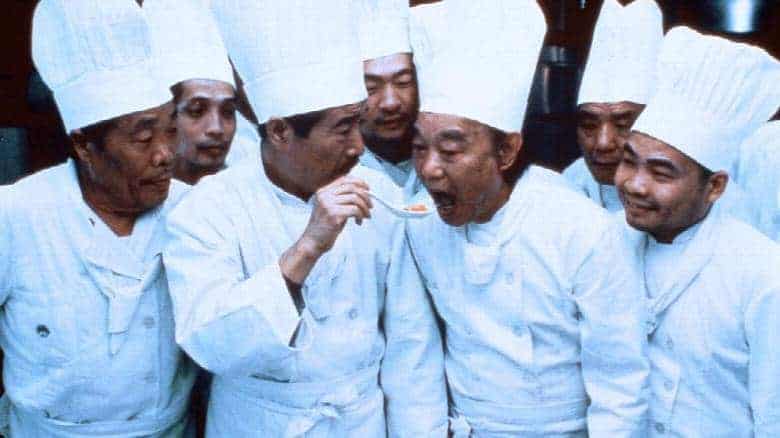
In general, the idea of the family drama with all of its underlying conflicts is given a clever twist with the images of cooking and eating. For Chu, both have clearly become a life-defining ritual, something personal he interestingly tries to keep away from his children, as he does not want Jia-Chien to cook in the family kitchen, even though it becomes clear quite early she shows talent, dedication and skill. Considering he cooks traditional meals and seemingly refuses to write down his famous recipes, he has decided to take that knowledge to the grave, securing it from the inevitable changes it goes through if he were to pass down these dishes to someone else. At the same time, and through the quite wonderful performance of Sihung Lung, a close observer notices the growing realization that change is inevitable as well, symbolically emphasized by his loss of taste.
Apart from the great ensemble cast Lee has assembled in his third film, what makes “Eat Drink Man Woman” stand out is the subtle sense of humor and irony in its script. While later efforts by the director, most notable perhaps “The Ice Storm”, carried all of the gravity of the family drama, his Taiwanese films balance the same topics without losing their sense of everyday humor. Especially the various exchanges of Chu and a rather nosy aunt or how his cooking manages to create excitement among the neighbor's kid school serve as much needed and quite authentic additions to the story.
With “Eat Drink Man Woman” director Ang Lee has made a true masterpiece of the family drama, one which touches its viewer while also including scenes of much entertainment, humor and even sensual delight given the images of the presumably delicious dishes.


